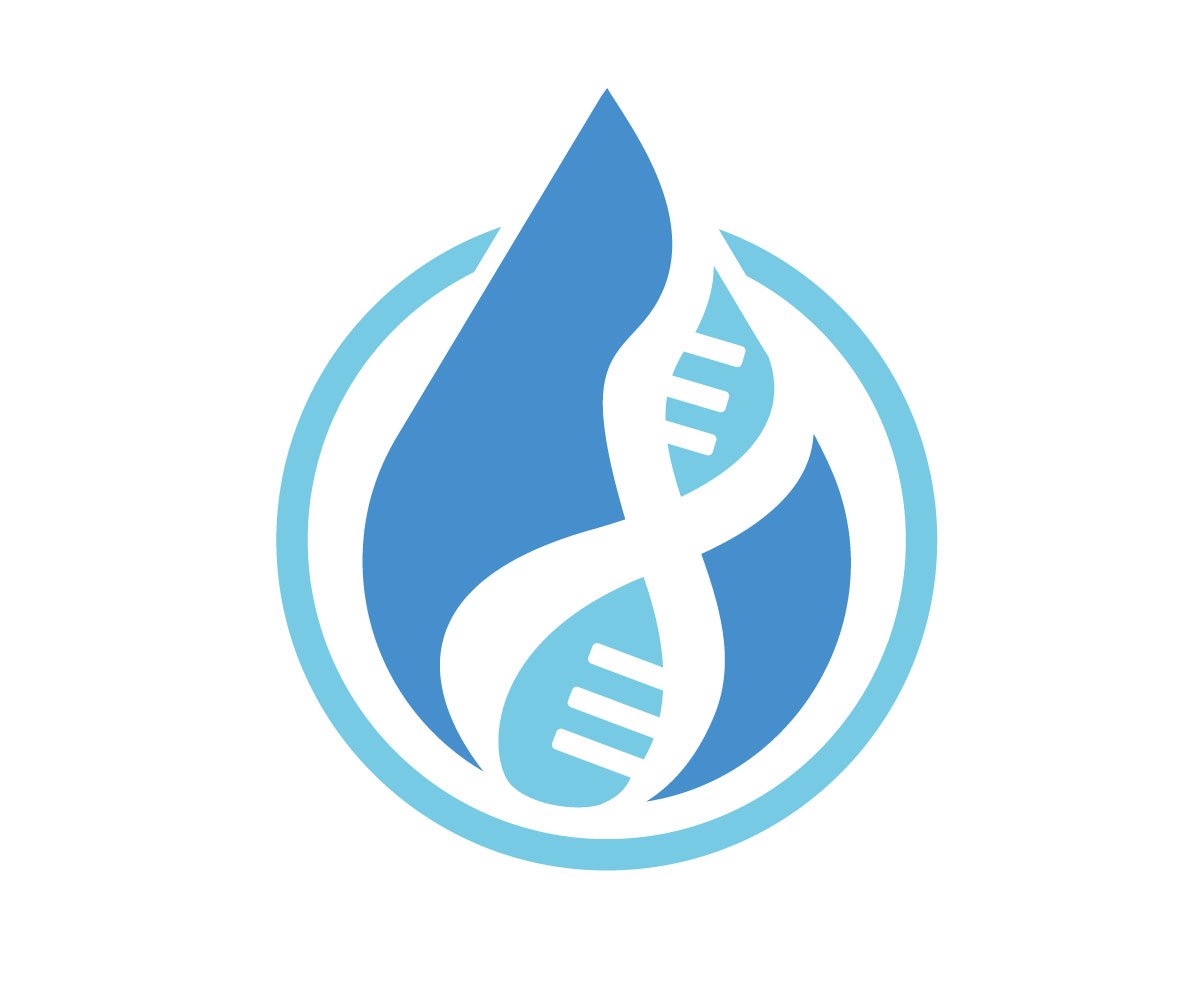
Welcome to Our Blog
Search Topics
- NPE 39
- DNA Surprise 38
- DNA 32
- DNA Discovery 28
- Adoption 22
- Direct to Consumer DNA 19
- Misattributed Parentage 18
- Adoptees 17
- Ancestry Testing 17
- Donor Conception 14
- Family Search 14
- Home DNA Test 14
- Medical Genetics 14
- 23andMe 12
- Genetic Counselor 12
- Podcast 12
- Biological Family 10
- Genetics 10
- DNA Test 9
- At Home Testing 8
- Family History 8
- Genetic Genealogy 8
- Sperm Donation 8
- DNA Shocks 7
- Genetic Counseling 7
- Raw Data 7
- Biological Father 6
- DNA Support 6
- Donor Conceived 6
- Genetic Testing 6
- Promethease 6
- ROH 6
- Alzheimer 5
- DNA Guide for Adoptees 5
- DNA Podcast 5
- Family 5
- Paternity 5
- Stem Cell Transplant 5
- Support Group 5
- DTC Genetics 4
- Egg Donation 4
- Family Health History 4
- Family Secrets 4
- GEDMatch 4
- Non-Paternity 4
- Research 4
- Resources 4
- Birth Parents 3
- Cousin Couples 3
- Not Parent Expected 3
Brianne Kirkpatrick Quoted in WebMD Magazine Articles on at Home DNA Testing
I recently spoke with Sonya Collins who writes for WebMD Magazine. I shared my thoughts and advice on at home DNA tests based on years of both personal and professional experience.
Filtering a Promethease Report: One Genetic Counselor’s Strategy
There's no right or wrong way to filter through the results of raw genomic data and no professional standards or guidelines about how to do. So I've come up with my own strategy for how to do it out of necessity.
Alzheimer’s Disease - Key Points to Know in Light of the New 23andMe Reports
Jamie is a board certified and licensed genetic counselor. She provides genetic counseling to people and families with or at risk for inherited neurodegenerative disease, including Alzheimer’s disease, frontotemporal dementia, prion disease, Huntington’s disease, amytrophic lateral sclerosis, and ataxia.
MTHFR, and the Watershed DNA Approach to DNA Testing
There is a growing issue of certain practitioners recommending genetic testing for MTHFR so that they can sell you supplements.
Differences between third-party DNA reports and clinical genetics laboratory reports
People are using third-party tools that give consumers information they interpret as health information on themselves. What comes out of these third-party tools is not actually a genetic health report, but it kinda "looks" like one.






